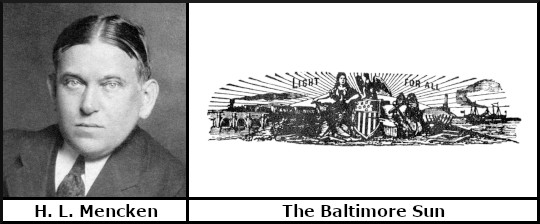Francis Bacon? Theophilus Gale? David Hume? Apocryphal?
Question for Quote Investigator: The famous English philosopher and scientist Francis Bacon made an intriguing assertion about atheism. Here are three versions:
(1) A little philosophy makes men atheists, though a great deal would cure them of Atheism.
(2) A little knowledge drives man away from God, but deeper knowledge brings him back.
(3) A little knowledge may take us away from God, but further knowledge will bring us back to him.
Would you please help me to find the correct phrasing and a citation?
Reply from Quote Investigator: The 1625 collection titled “The Essayes Or Covnsels, Civill and Morall” by Francis Bacon included the original version of the statement under analysis. The spelling in the 1625 text differed from modern spelling. For example, the letters “u” and “v” were sometimes swapped. The following passage employs updated spelling. Emphasis added to excerpts by QI:1
I had rather believe all the Fables in the Legend, and the Talmud, and the Alcoran, then that this universal Frame, is without a Mind. And therefore, God never wrought Miracle, to convince Atheism, because his Ordinary Works convince it. It is true, that a little Philosophy inclineth Man’s Mind to Atheism; But depth in Philosophy, bringeth Men’s Minds about to Religion.
Below is a scan of the 1625 book page showing the text above followed by additional selected citations in chronological order.
Continue reading “Quote Origin: A Little Philosophy Inclineth Mans Mind to Atheism; But Depth in Philosophy, Bringeth Mens Minds about to Religion”